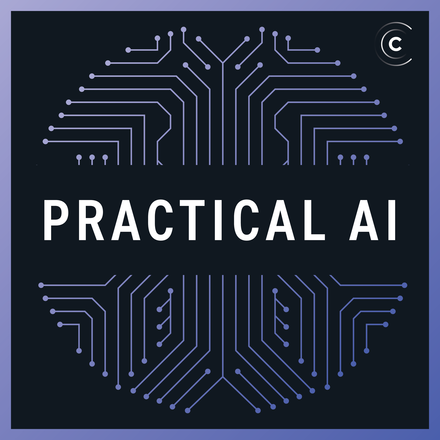Cambrian explosion of generative models
In this Fully Connected episode, Daniel and Chris explore recent highlights from the current model proliferation wave sweeping the world - including Stable Diffusion XL, OpenChat, Zeroscope XL, and Salesforce XGen. They note the rapid rise of open models, and speculate that just as in open source software, open models will dominate the future. Such rapid advancement creates its own problems though, so they finish by itemizing concerns such as cybersecurity, workflow productivity, and impact on human culture.

